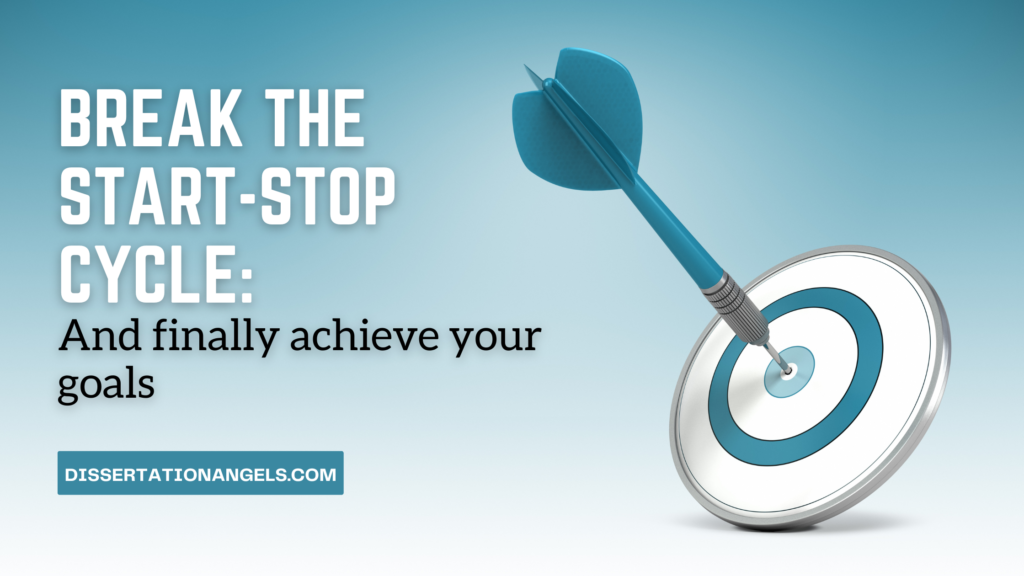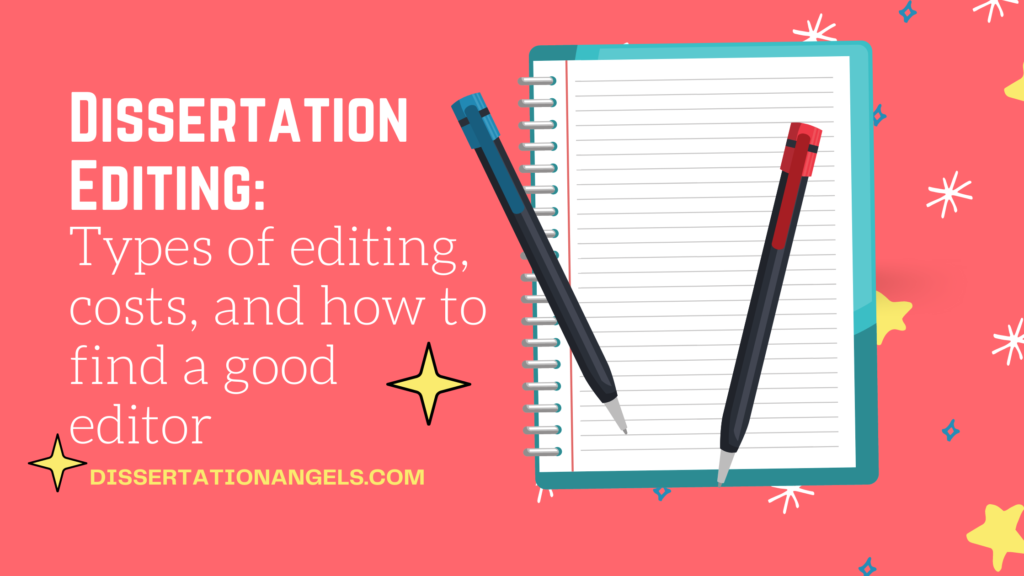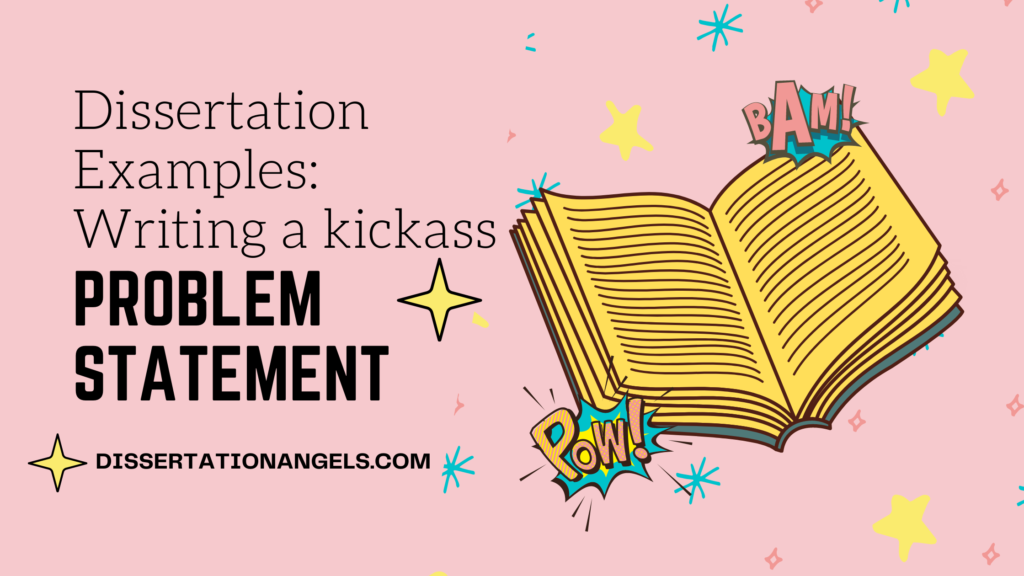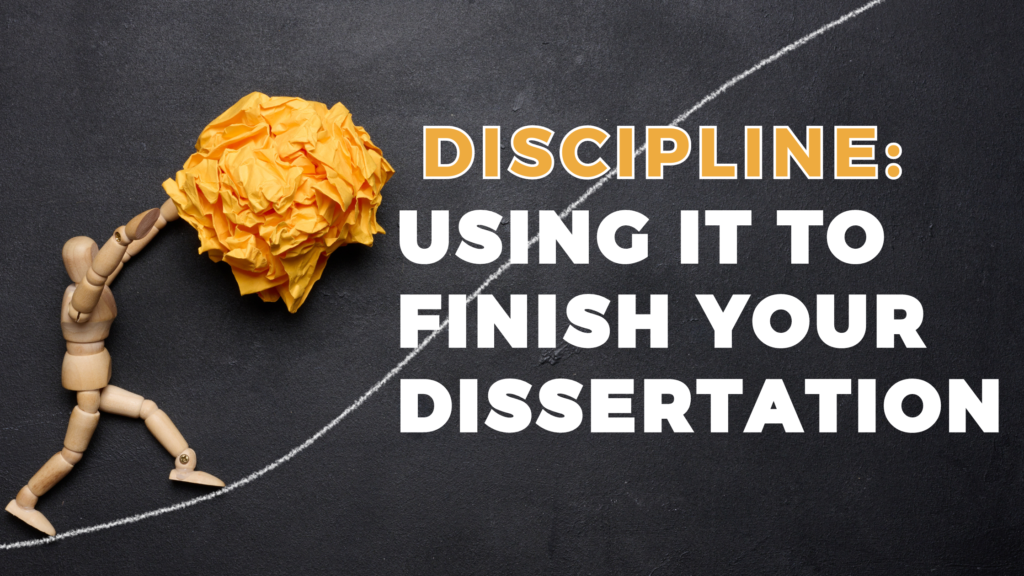
Tapping into The Power of Discipline
Dissertation writing isn’t for the faint of heart. It’s a marathon, not a sprint.
 And it’s not a dreamy, flat, paved, marathon course. No – it’s more like a trail running course, full of obstacles, stinging insects, and large predators. Maybe a torrential downpour and a tornado or two, just to keep things interesting.
And it’s not a dreamy, flat, paved, marathon course. No – it’s more like a trail running course, full of obstacles, stinging insects, and large predators. Maybe a torrential downpour and a tornado or two, just to keep things interesting.
There’s a reason that most people who begin Ph.D. programs don’t finish.
Their motivation fizzles. They burn out. They lose steam. Everyone experiences it.
So, if you’re reading this post and feeling uninspired, know that you’re not alone.
The Problem with “Motivation”
Motivation wanes in life, no matter what the goal is. It’s hard (and probably unrealistic) to sustain the excitement you feel at a project’s onset all the way to the finish line. So, what’s a Ph.D. candidate to do when the thought of typing one. more. freaking. word. fills you with the urge to [repeatedly] slam your face into your keyboard?
As a bit of a self-help junkie, the concept of motivation has always interested me. Through different long-term goals in my own life, I’ve often wondered how to tap into that elusive excitement and energy when I start burning out on a goal. Many times, I’ve thought to myself, If only I could find a way to sustain that fiery feeling of motivation – I’d be unstoppable!
Well, folks, my deep dives into self helpery haven’t revealed any secret mantras or potions that lead to a wellspring of motivation. Unfortunately.
But! I have found a strategy that does work. You ready…?
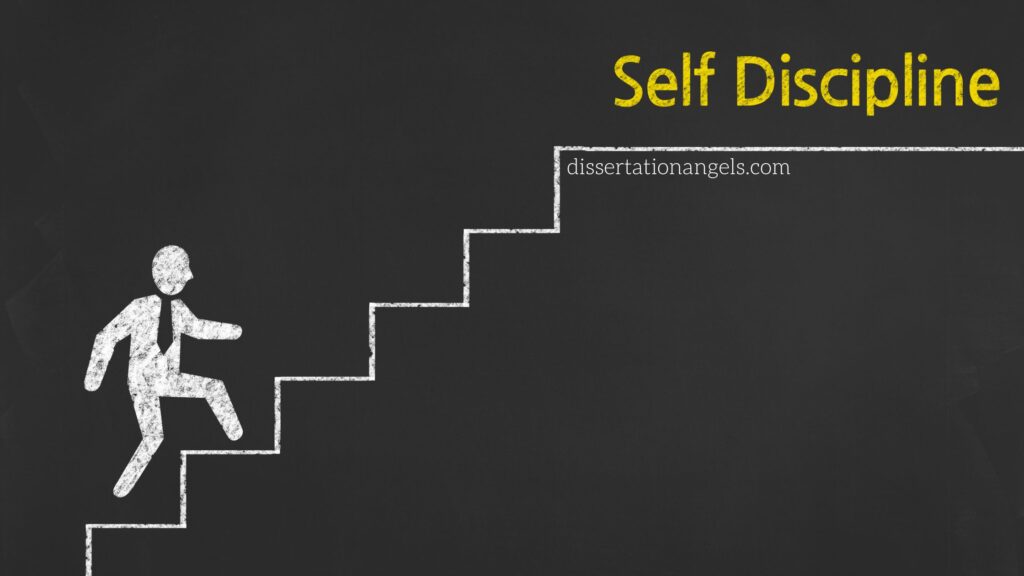
Discipline.
I know, I can almost hear your little burnt out heart groaning. Discipline, Jessica? Really?
Yes, my friends, discipline. Hear me out.
A key symptom of burnout is no longer feeling like doing something. The thing – whatever it is- isn’t fun anymore. The finish line starts to seem too far off. You start wondering if you’ll ever actually hit your goal. What once felt exciting now feels like a boring, endless, soul-sucking chore.
But you know what trumps feeling? Always and without fail?
Discipline.
Discipline works because it doesn’t care how you feel. Feelings aren’t a part of discipline. Discipline can help you gut out something you absolutely detest the same way it can help you accomplish things you actually enjoy.
Becoming Disciplined
 When I get up in the morning and drag myself to the gym while it’s still dark out, motivation is rarely a factor. I’m not motivated to go. Especially when it’s cold out, I don’t feel like working out. I’m motivated to stay in my warm bed and hit snooze 32 times.
When I get up in the morning and drag myself to the gym while it’s still dark out, motivation is rarely a factor. I’m not motivated to go. Especially when it’s cold out, I don’t feel like working out. I’m motivated to stay in my warm bed and hit snooze 32 times.
But… I get up and go because I’m disciplined. Working out is a non-negotiable in my life. It’s what I do and it’s a core part of who I am. Even when I don’t feel like going to the gym, I get it done.
And that discipline helps me stay consistent. Over time, discipline and consistency have made working out a positive habit. Some days I’m motivated, some days I’m not. But I’ve established the discipline to get it done no matter how I’m feeling.
Discipline can be applied in any area of your life. You’ve to get over your feelings and develop the mindset of “getting it done.” Begin to see yourself as the type of person who shows up and gets to work when everyone else is dragging their feet because they don’t feel like it.
Discipline is the single most important success factor in almost any endeavor.
Some days, motivation will show up for you. Some days, it won’t. But when you develop a disciplined mindset, it’s there for you every day.
Rain or shine, discipline gets to work.
Discipline and Dissertation Writing
To apply the practice of discipline to your dissertation journey, create a schedule for yourself and stick with it. Don’t just commit to sitting at your computer for x amount of time each day to “work on your dissertation.” That’s too vague. Create specific, clear, deliverable goals to guide the time you put in.
Maybe you commit to writing 500 words for your literature review. Or coding two of your interviews. Or editing 10 pages of your references. Figure out what makes sense for whatever stage of the game you’re currently in. This way, you’re actually productive with the time you dedicate.
There’s nothing worse than glazing over as you stare at your computer screen for two hours and then realize you have nothing to show for it.
Discipline is like a muscle. The more you work it, the stronger it gets. The more you practice discipline, the more integrated it becomes in your life.
Discipline is totally worthwhile. Once you establish it – once you become the type of person who shows up and gets things done – it begins creating positive changes in all areas of your life.
As Jim Rohn said, “Discipline is the bridge between goals and accomplishment.”
Need some help establishing a practice of discipline? Or getting your dissertation motor running? I can help. Let’s chat about your project and figure out a strategy to FINISH YOUR DISSERTATION. 😊
More from the Dissertation Angels Blog...
Let's chat about your project
Every dissertation project has different requirements, depending on your data collection plan, program requirements, and timeline. If you’re short on time, or if the process is feeling overwhelming, give me a call to discuss how I can assist.





